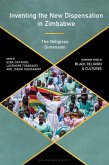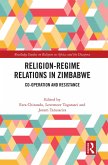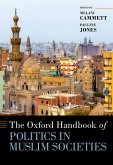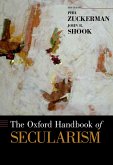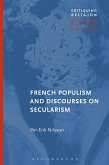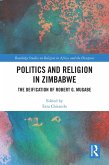How does a regime, whose members have been actively involved in the previous one, appropriate and deploy religious ideas and rhetoric to cast itself as 'born-again' and attractive?
Exploring intersections between politics, religion and economics, this book examines invention of Zimbabwe's 'New Dispensation,' the regime of Emmerson D. Mnangagwa, and how it has aimed to separate itself from the previous regime of Robert G. Mugabe.
Utilizing the concept of 'invention', contributors reflect on how Mnangagwa and his publicists deploy religious ideas, concepts and rhetoric in the quest for legitimacy in a heavily contested political field. The book also reflects on the ways opposing political actors have utilized the same template in their quests to secure power.
The contributors interrogate the use of time, theological ideas and religious practices to separate Mnangagwa's regime from Mugabe's. This book provides insight into how religious rhetoric is used not only to gain, but also to contest legitimacy in Zimbabwe's political sphere.
Exploring intersections between politics, religion and economics, this book examines invention of Zimbabwe's 'New Dispensation,' the regime of Emmerson D. Mnangagwa, and how it has aimed to separate itself from the previous regime of Robert G. Mugabe.
Utilizing the concept of 'invention', contributors reflect on how Mnangagwa and his publicists deploy religious ideas, concepts and rhetoric in the quest for legitimacy in a heavily contested political field. The book also reflects on the ways opposing political actors have utilized the same template in their quests to secure power.
The contributors interrogate the use of time, theological ideas and religious practices to separate Mnangagwa's regime from Mugabe's. This book provides insight into how religious rhetoric is used not only to gain, but also to contest legitimacy in Zimbabwe's political sphere.



